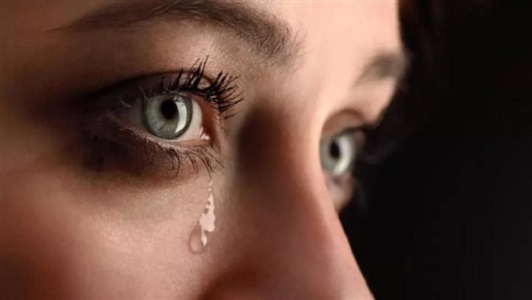

What is the secret to a life free-from tension headaches and relentless toe-tapping?
Rather than laughter, sleep or a warm cup of coffee, one Japanese academic claims that the most beneficial way to relieve stress is to shed a tear - or several.
Former high school teacher Hidefumi Yoshida refers to himself as a “tears teacher” and organises regular workshops and lectures across Japan to educate people on the psychological benefits of crying.
“The act of crying is more effective than laughing or sleeping in reducing stress,” the 43-year-old told Japan Times.
Yoshida explains that listening to emotive music, watching sad films and reading tear-jerking books can offer huge benefits to your mental health by stimulating parasympathetic nerve activity, which slows the heart rate, that can have a soothing effect on the mind.
“If you cry once a week, you can live a stress-free life,” he added.
In 2014, Yoshida teamed up with Hideho Arita, a professor at the Faculty of Medicine at Toho University in Tokyo, to launch a series of lectures aimed at raising awareness of the benefits of crying.
He has since been inundated with requests from schools and companies to host workshops and other activities on the subject.
In September, Yoshida hosted a lecture at Osaka High School in Daitō City, Japan, where 79 teenage students watched a film in the hope that it would induce tears.
They then wrote essays, which they also read out, about how the experience made them feel.
Yoshida isn’t the first person to tout the soothing effects of crying.
In 1981, a study titled “Tear Expert” conducted by Dr William Frey at the University of Minnesota claimed that crying releases endorphins, subsequently promoting feelings of happiness and wellbeing.
Another study conducted in 2008 of more than 3,000 people found that crying made people feel much better in difficult situations, leading the authors to suggest that inducing tears should be used as a form of therapy